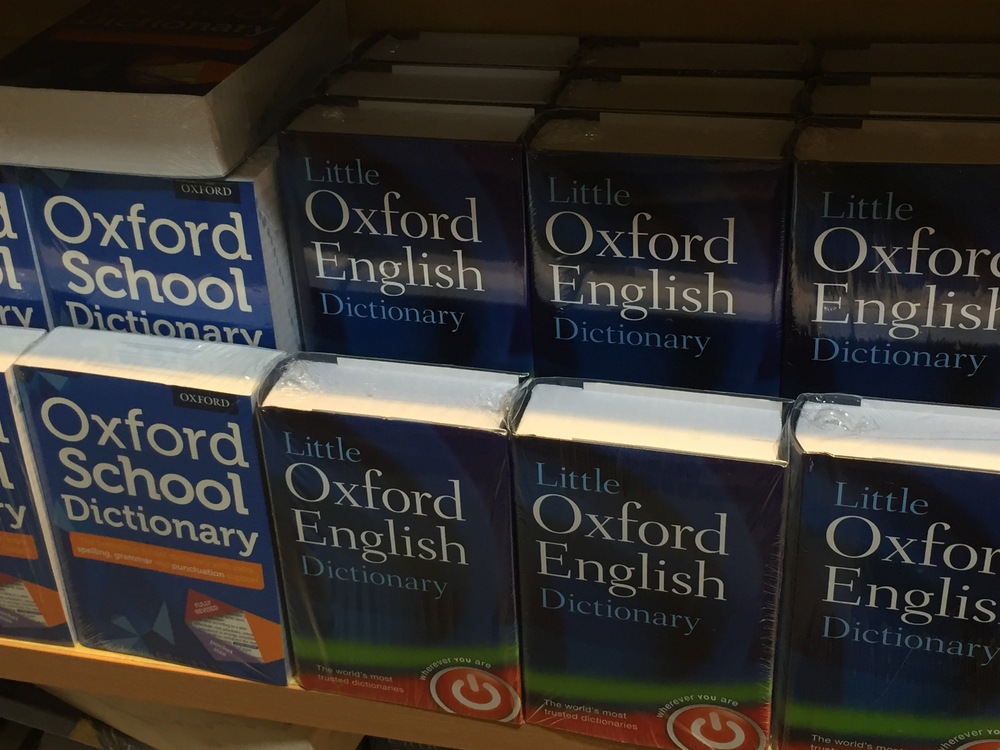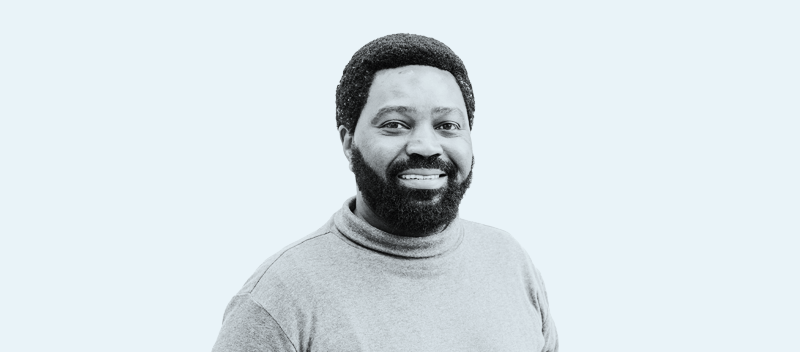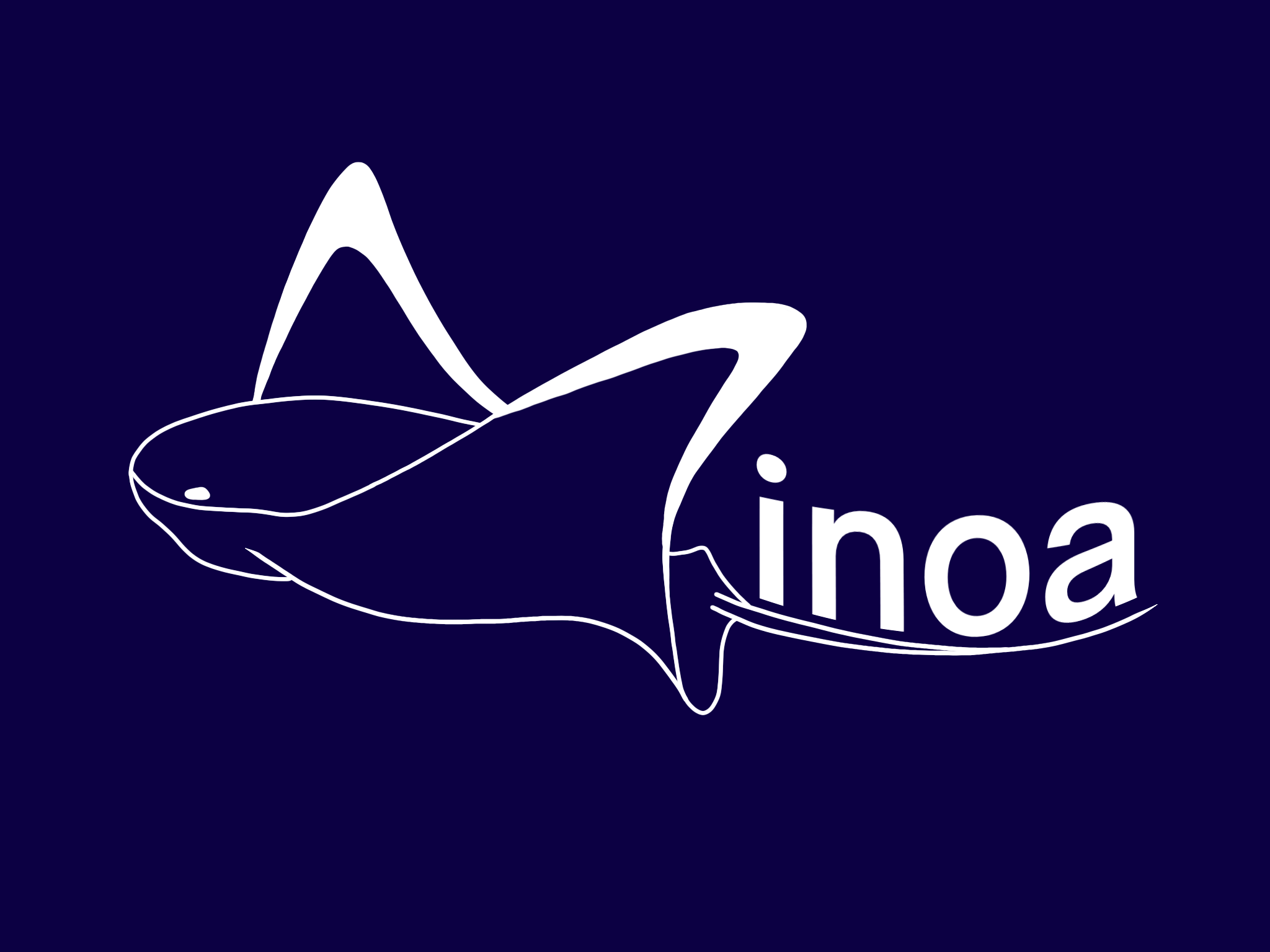The cabinet aims to subject all English-spoken bachelors to a language test to determine whether they cannot be offered in Dutch. A preview among five such programmes, among which Wageningen Marine Sciences, shows the choice of language is easily defendable.
A large majority of the politicians feel that there are too many international students in the Netherlands, and, thus, the bachelor programmes should change the language in which they teach. The programmes must meet certain criteria to be permitted to teach in another language and must switch to Dutch if these criteria are not met. The criteria include relevance to the employment market or the inherently international character of the programme. Whether the programme is offered in a region that faces demographic decline is also considered.
The minister wanted the Education Inspectorate to investigate the reasons programmes want to teach in English and how students and teachers feel about switching to the Dutch language. The inspectorate conducted an extensive study, including in-depth interviews with five separate university bachelor’s programmes.
Judicious and diligent
All five programmes cite the same reasons, all of which sound judicious and diligently considered, the Inspectorate says. The employment market is internationally oriented, according to these programmes, and international students are needed to fill the personnel shortage. ‘Moreover, education and research are closely entwined. A large part of the programmes are facilitated by international researchers’, according to the Inspectorate.
The five programmes are not enthusiastic about a switch to Dutch. They fear losing students and faculty, which would increase the work pressure on the remaining teaching staff and jeopardise the quality of education. Students also do not favour switching to Dutch.
Language test
The critical issue now is: would these programmes make it through the test? The inspectorate reveals nothing. Nor can it, as the test is to be conducted by a different regulatory body: the Committee for Efficacy in Education.
The five investigated programmes are Biomedical Engineering (Groningen), Data Science & Artificial Intelligence (Leiden), Econometry and Operational Research (partly bilingual, Tilburg), Marine Sciences (Wageningen), and Social Geography & Urban Planning (English spoken and a bilingual option, UvA).

 Photo Shutterstock
Photo Shutterstock 

